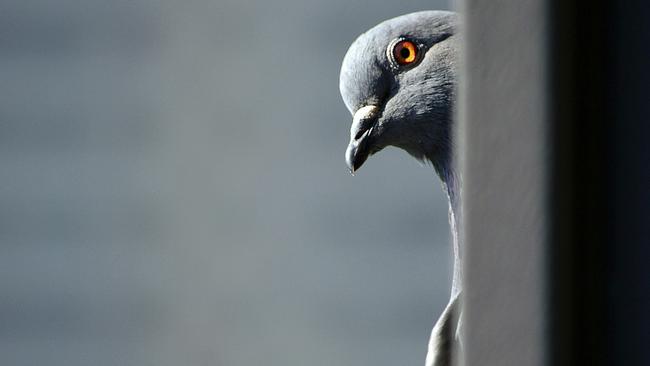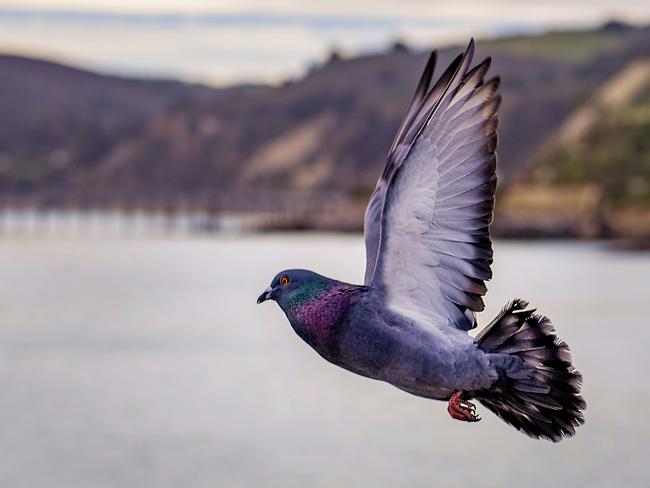From pigeons to whales, why animal spies are gaining attention
News of a pigeon being detained on suspicion it was involved in Chinese espionage begs the question: should animals be reprimanded for being spies?

A pigeon cleared by Indian authorities after it was detained for being a suspected Chinese spy begs an unusual question: Could animals be accused of being spies?
Local police first captured the bird eight months ago near a port in Mumbai, Times of India reported. It was found with two metal rings tied to its legs and what appeared to be Chinese script underneath both of its wings, prompting officers to accuse the pigeon of being involved in espionage.
The subsequent investigation revealed police had falsely detained an unsuspecting racing bird participating in events in Taiwan that had accidentally flown to India. The pigeon, which was kept at Mumbai’s Bai Sakarbai Dinshaw Petit Hospital for Animals during the inquiry, was taken to the Bombay Society for the Prevention of Cruelty to Animals where it was set free into the wild on Tuesday.

It follows a previous incident where one was caught and detained in 2020 over security fears. Authorities believed the bird had been dispatched from Pakistan and had infiltrated the border in the north Indian state of Punjab.
The pigeon was scanned and, according to the superintendent of police Rakesh Kumar Kausha, appeared to have suspicious markings underneath its feathers.
“We are being cautious because this is a border area with military presence,” Mr Kaushal said at the time. “We have heard that pigeons with cameras on them fly and get an aerial view.”
The accused avian spy also had an address in the Pakistani city of ShakarGarh, about 19 kilometres from where the bird was found. But following an investigation, police discovered the bird had been wrongly accused and was simply the innocent pet of Pakistani villager, Habibullah.
Similar events have occurred in 2015 and 2016, where both were seized for carrying messages, one of which was an alleged threat to Indian Prime Minister Narendra Modi.

Pigeon-based espionage has a long history, becoming especially prevalent during World War II when homing birds across the US and Britain were donated and used by the Allied forces to carry secret messages across enemy lines.
A heroic example of the service pigeons was Gustav, who flew for more than five hours carrying news of D-Day on a report back to the UK from the shores of Normandy. He received the Dickin Medal, the animal equivalent of the Victoria Cross, 80 years later.
But it’s not just pigeons making news for being supposed spies.

In 2019 a beluga whale spotted in Tafjord in northern Norway also sparked suspicion, as it was rare to see the species so far south of the Arctic. Alone and comfortable around humans, news of the whale, which was also wearing a harness, spread fast.
It was later confirmed the whale, named Hvaldimir, was a deserter of the nearby Russian navy as it displayed skills of specialised training, including the ability to closely follow boats and wrapping rope around propellers.
Since the 1960s, Russia and the US have trained whales and other marine mammals like dolphins and seals to assist their naval forces. Satellite photos of Russian naval bases around Murmansk, near where Hvaldimir was first spotted, show enclosures in the sea used to hold belugas.
Questions and concerns over the welfare of ‘spy’ animals like Hvaldimir have been spurred by increasing social pressures, with many calling for them to be relinquished back to the wild. How to intervene remains a heated debate among activists, government officials and scientists.






To join the conversation, please log in. Don't have an account? Register
Join the conversation, you are commenting as Logout